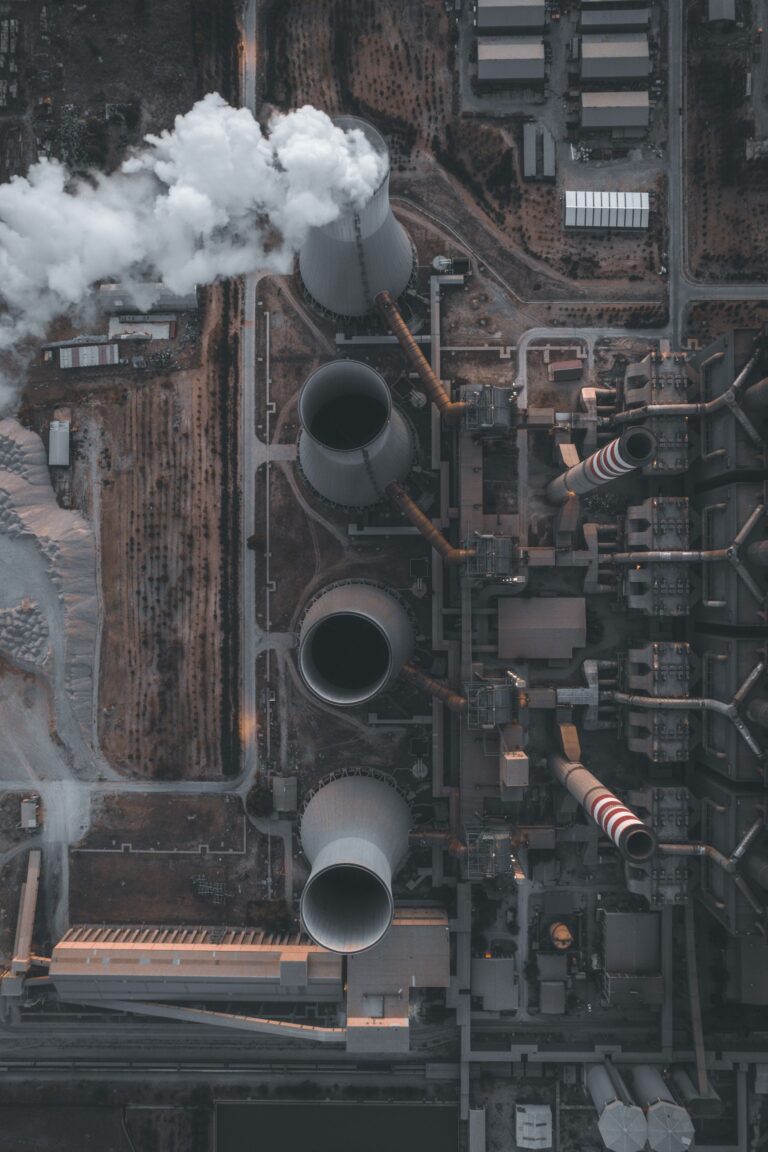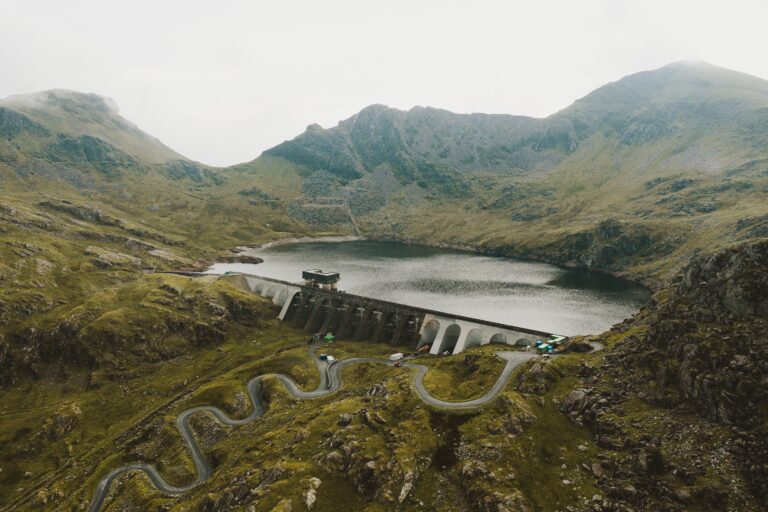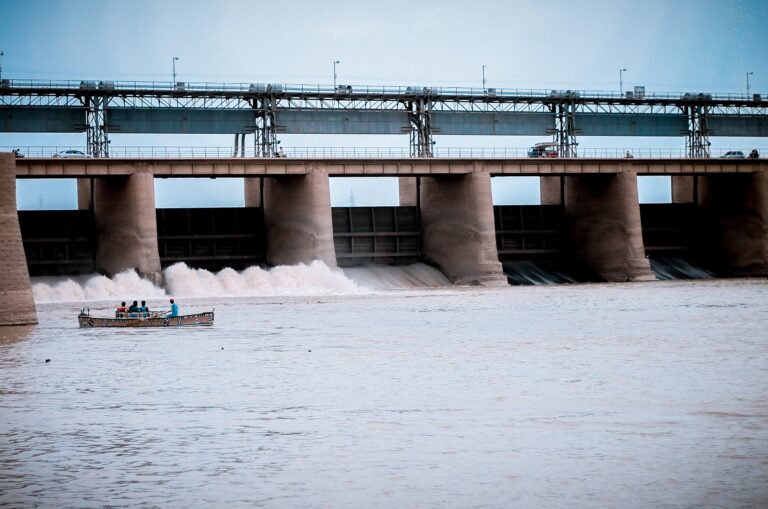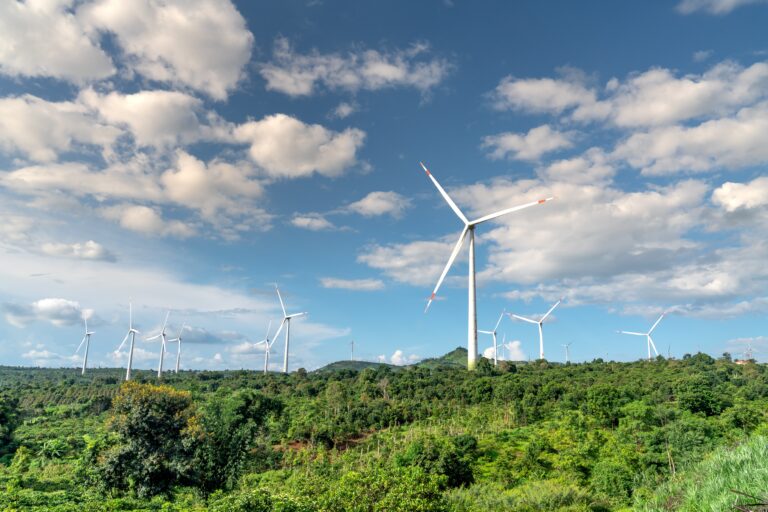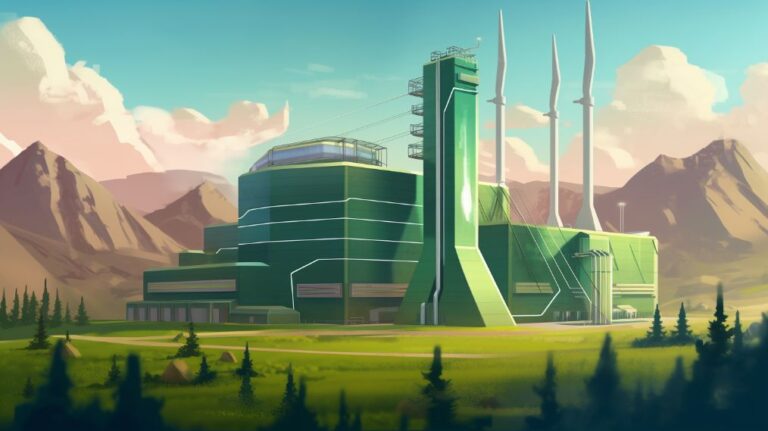Common Myths About Hydro Energy Debunked
Hydro energy is an important part of the green energy industry. It entails using water’s force to produce electricity, which is a clean and sustainable form of energy. Despite its significance, there are several misconceptions about hydro energy that must be dispelled. In this piece, we will debunk some of these myths and provide correct information about the advantages and disadvantages of hydropower. We believe that by doing so, we can encourage a greater understanding of this vital renewable energy source.
Table of Contents
Myth 1: Hydro Energy is Not Environmentally Friendly
Hydro energy has long been a source of sustainable energy, but there is a widespread misunderstanding that it is environmentally hazardous. This myth is based on the perception that hydro energy initiatives can harm ecosystems and animals. This is not completely correct.

While it is true that hydro energy projects can have some detrimental environmental effects, such as wildlife relocation and changes to river ecosystems, these effects can be mitigated with proper planning and administration. Indeed, hydro energy is one of the most ecologically friendly energy options accessible.
One of the primary advantages of hydro energy is that it has a minimal carbon impact. Unlike fossil fuels, which emit significant quantities of greenhouse pollutants into the atmosphere, water energy emits none. As a result, it is an excellent option for lowering greenhouse gas pollution and fighting climate change.
Another advantage of hydro energy is its ability to provide constant and dependable electricity. Unlike solar and wind energy, which are affected by weather, hydro energy can be produced on a constant basis throughout the year. As a result, it is an excellent source of energy for regions with high energy needs.
There are also numerous examples of hydro energy initiatives that have been effective in environmental preservation. The Three Gorges Dam in China, for example, has been lauded for its ability to decrease greenhouse gas pollution while also providing clean electricity to millions of people. Similarly, in the United States, the Hoover Dam has been a dependable source of electricity for more than 80 years, while also offering recreational opportunities and preserving the neighboring ecosystem.
Myth 2: Hydro Energy is Expensive
Because of the high starting costs of constructing hydroelectric power facilities, hydro energy is frequently viewed as a costly energy source. However, this is a misconception that must be dispelled. In fact, hydro energy is a low-cost, long-term energy source that can provide long-term expense savings over traditional energy sources.

One of the primary benefits of hydro electricity is its cheap operating expense. The expense of generating electricity is comparatively cheap once a hydroelectric power facility is constructed. This is due to the fact that hydro energy is based on the natural movement of water, which is a free and inexhaustible resource. Traditional energy sources, on the other hand, such as coal and gas, necessitate continuing fuel expenses, which can be volatile and susceptible to price fluctuations.
Furthermore, hydro energy has a lengthy lifetime and needs little upkeep. A well-designed hydroelectric power station can provide a dependable and constant supply of energy for up to 100 years. This means that the original expenditure in constructing a hydroelectric power facility can be repaid over time, resulting in substantial long-term cost reductions.
Many effective hydro energy initiatives that have reduced energy expenses for communities and companies exist. For example, the Hoover Dam in the United States generates enough electricity to power over a million homes, giving the area with a dependable and cost-effective source of energy. In Canada, the La Romaine hydroelectric complex has helped the state of Quebec decrease electricity expenses while also lowering greenhouse gas pollution.
Myth 3: Hydro Energy is Not Reliable
Hydro energy has long been regarded as a dependable sustainable energy source. However, due to its reliance on water levels and weather conditions, there is a widespread misunderstanding that hydro energy is not a dependable source of energy. Hydro energy technology developments and effective hydro energy initiatives have debunked this myth.
Hydro energy technology advancements have made it more dependable by raising the effectiveness and capacity of hydroelectric power facilities. The use of variable speed turbines and sophisticated control systems, for example, has enabled hydroelectric power facilities to adapt to variations in water flow while maintaining a constant energy production. Furthermore, the creation of pumped storage hydroelectricity has enabled excess energy to be stored and used during peak consumption periods.
There are numerous instances of successful hydro energy initiatives that have consistently supplied electricity. The world’s biggest hydroelectric power facility, the Three Gorges Dam in China, has a capacity of 22.5 GW and supplies constant electricity to millions of people. The Itaipu Dam, situated on the border between Brazil and Paraguay, has a capacity of 14 GW and meets 75% of Paraguay’s and 17% of Brazil’s electricity requirements. The Grand Coulee Dam in Washington State has a capacity of 6.8 GW and serves over 2 million people.
Debunking the Myth: Hydro Energy is Only Suitable for Large-Scale Projects
Large-scale initiatives, such as dams and hydroelectric power facilities, are frequently linked with hydro energy. This, however, is a fallacy. Because hydro energy can be harnessed on a modest scale, it is a feasible choice for communities and people seeking to produce their own electricity.

The Possibility of Small-Scale Hydro Energy Projects
Small-scale hydro energy initiatives, also known as micro-hydro systems, use the natural flow of water in streams and rivers to produce power. These devices usually have less than 100 kilowatts of capacity and can be placed in remote regions where grid connectivity is restricted.
Small-scale hydro energy initiatives have a minimal environmental effect, which is one of their advantages. Micro-hydro systems, unlike large-scale hydro initiatives, do not necessitate the building of dams or lakes, which can have major natural effects. Furthermore, small-scale hydro energy initiatives can be less expensive than other green energy sources like solar or wind power.
Exemplifications of Successful Small-Scale Hydro Energy Projects
Around the globe, there are numerous instances of successful small-scale hydro energy initiatives. Micro-hydro devices, for example, have been put in remote mountain villages in Nepal, supplying power to households and small companies. Similarly, a community-owned micro-hydro system on a river in Scotland is producing energy for local homes and companies.
The city of Boulder, Colorado in the United States has built a micro-hydro system on a canal to generate energy for the city’s water treatment facility. The system has a capacity of 100 kW and is anticipated to produce 400,000 kWh of energy per year.
Finally, the misconception that hydro energy is only appropriate for large-scale undertakings is debunked. Micro-hydro systems, for example, are a feasible choice for communities and people who want to produce their own electricity. Small-scale hydro energy projects have the ability to play an essential part in the transition to a more sustainable energy future due to their minimal environmental impact and cost-effectiveness.
Conclusion
Finally, the piece has emphasized several misconceptions about hydro energy and debunked them with facts. The following are the article’s major points:
- Hydro energy is a dependable and sustainable renewable energy source that can meet a substantial percentage of the world’s power requirements.
- When compared to other energy sources, hydro energy has a low environmental influence and can even benefit the ecology.
- Hydro energy is cost competitive with other energy sources, and it may even be affordable in the long term due to its longevity and minimal upkeep costs. Hydro energy has enormous promise, with many untapped resources around the globe that could be utilized to provide clean energy.
It is critical to dispel these misconceptions in order to support hydro energy as a sustainable energy source. Hydropower has the ability to significantly reduce greenhouse gas pollution and mitigate the impacts of climate change. We can promote investment in hydro energy and boost its acceptance as a feasible alternative to fossil fuels by dispelling these myths.
Furthermore, hydro energy has the potential to help local populations in a variety of ways, including employment creation, economic development, and better access to electricity. We can build a more sustainable and fair future for all by accepting hydro electricity.

